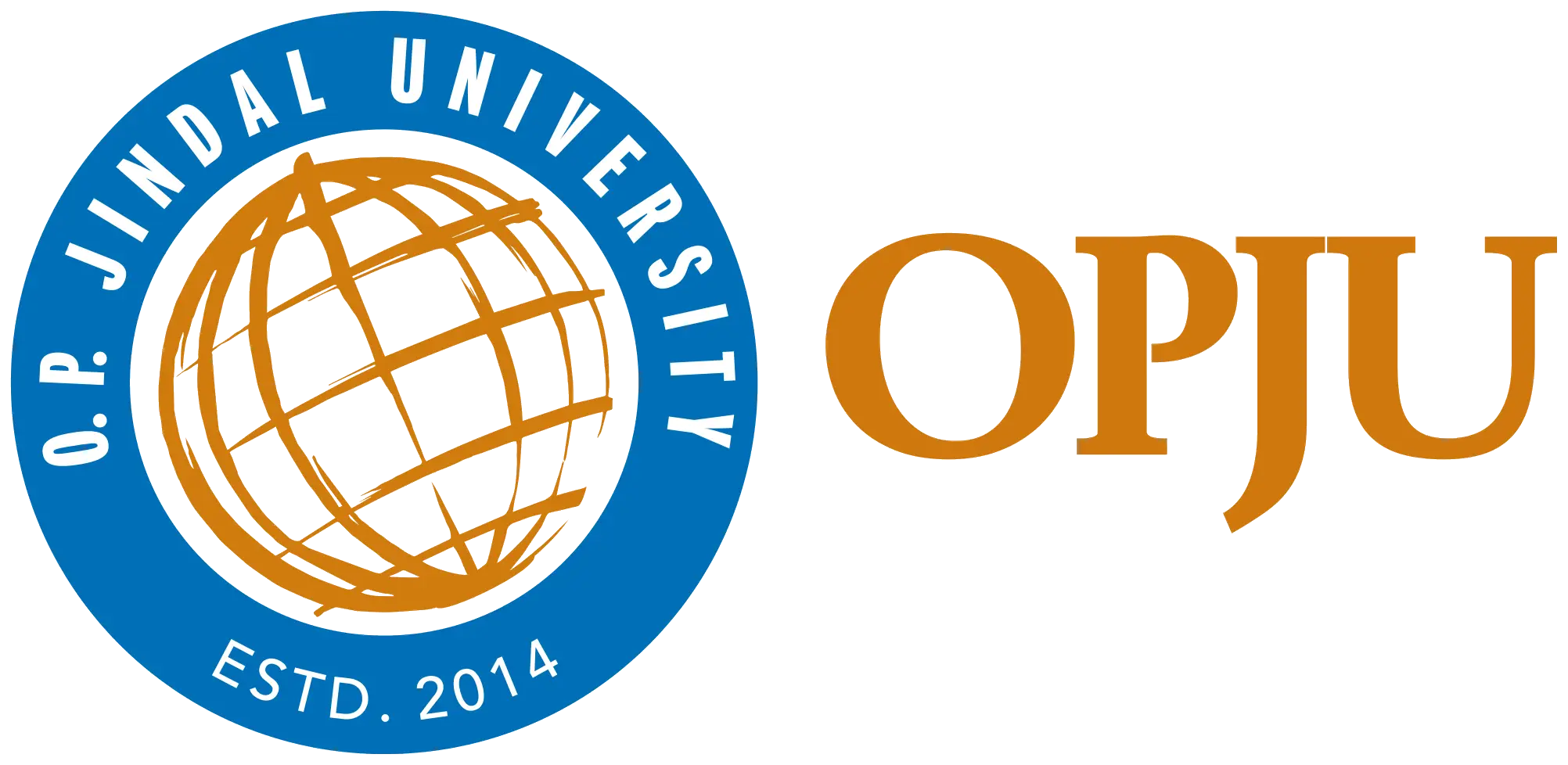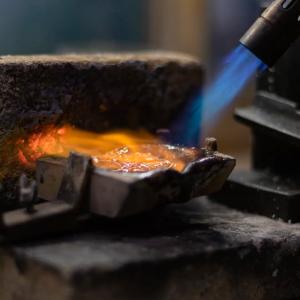Upon successful completion of the program, students will be able to:
PO1: Basic and Discipline Specific Knowledge –
Apply knowledge of basic mathematics, science and engineering fundamentals and engineering specialization to solve engineering problems.
PO2: Problem Analysis –
Identify and analyse well-defined engineering problems using codified standard methods.
PO3: Design/Development of Solutions –
Design solutions for well-defined technical problems and assist with the design of systems, components, or processes to meet specified needs.
PO4: Engineering Tools, Experimentation and Testing –
Apply modern engineering tools and appropriate techniques to conduct standard tests and measurements.
PO5: Engineering Practices for Society, Sustainability and Environment –
Apply appropriate technology in the context of society, sustainability, environment, and ethical practices.
PO6: Project Management –
Use engineering management principles individually, as a team member, or as a leader to manage projects and effectively communicate about well-defined engineering activities.
PO7: Life-long Learning –
Ability to analyse individual needs and engage in updating in the context of technological changes.




